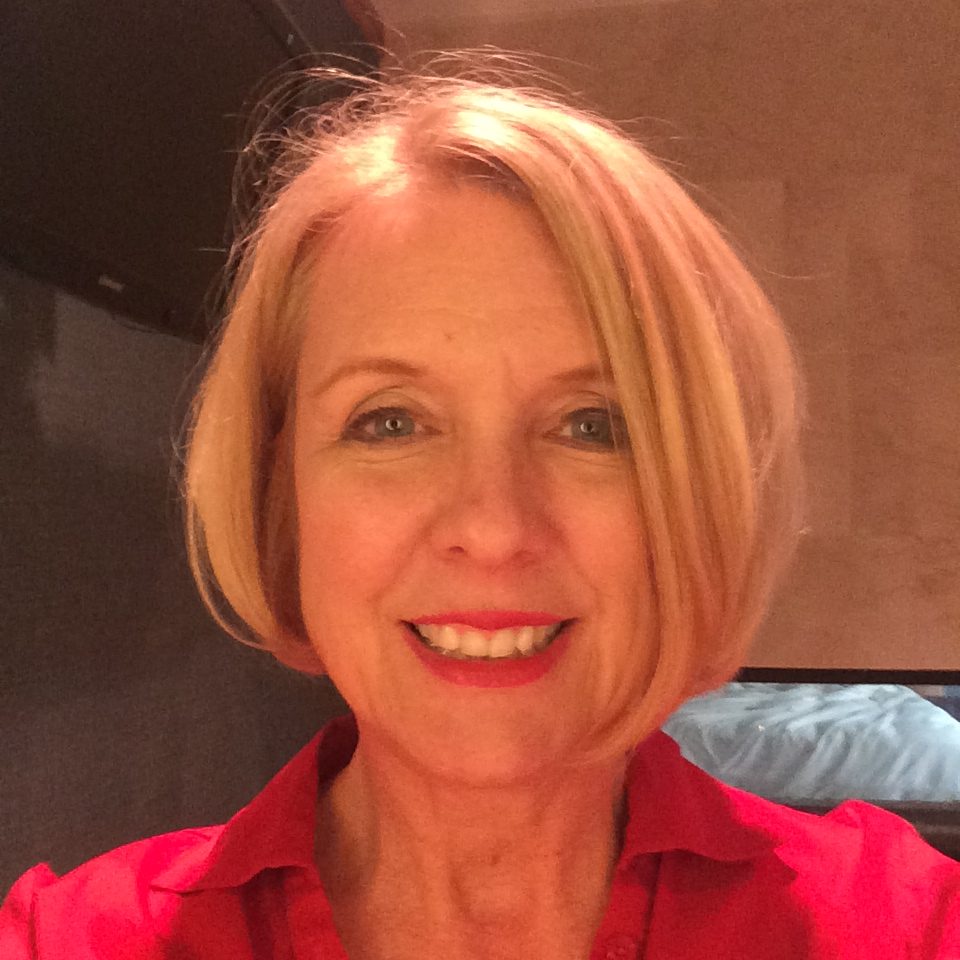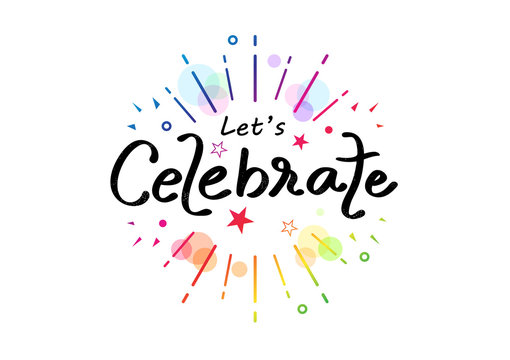After her mother passed away, Jeanette Leardi invited female friends to her home for a special gathering. It wasn’t exactly a memorial service; many attendees never knew her mother. Instead, it was a healing ritual for Leardi. The group lit candles, played music and took turns reading favorite poems or writings. Then Leardi took a cup, which her mother had drunk from as a baby, poured milk into it and drank it.
Looking back, 25 years later, Leardi said the gathering helped her through a momentous transition: the end of years spent as her mother’s caregiver, and the transition from being a daughter toward her own elderhood.
“That was so impactful for me,” said Leardi, now 70, a social gerontologist and community educator in Portland, OR. “When someone dies, the person who was the caregiver loses a kind of identity.” The ritual helped her move forward.
Seasons of Life
While there are many milestones to celebrate for youth and young adults—graduations, weddings, bar or bat mitzvahs, first communion or confirmation ceremonies—older adults have few.
Adulthood involves many transitions. Parents send children off to college and become empty nesters. Professional careers come to an end at retirement. Older adults sell a beloved home to downsize to a condo or a retirement community. Longtime roles—such as caregiver for a spouse or parent—conclude; new roles begin. These transitions are life-altering, yet most pass uncelebrated.
“Becoming a grandparent is an incredible transition in someone’s life,” said Martha Pollack, 68, an adjunct professor at Touro College Graduate School of Social Work in New York. “There should be an opportunity to acknowledge that with some kind of a celebration.”
When milestones slip by unnoticed, feelings of isolation and disconnection may remain. Rites of passages help people attend fully to key moments in life spiritually, psychologically and socially, according to Ronald L. Grimes, author of Deeply into the Bone: Re-inventing Rites of Passage (2000).
“If people don’t mark a transition, they are unlikely to remember it,” he said. “Marking a transition with a ritual makes it memorable and gives it new shape.”
Rituals Matter
Why are there so few significant celebrations for older adults? For much of human history, few people lived past what is today considered middle age. Given that many rites of passage evolved over thousands of years, there has been relatively little time for such observances to emerge for older people. Ageism factors in too. Many milestones in older adulthood involve at least some element of loss; on the surface, it may appear they aren’t worth commemorating.
“Society assumes older age is nothing but downhill and deterioration and decline, so there’s nothing to celebrate,” Leardi said.
Still, it’s important to mark milestones. Rituals create a sense of completion—a closing of one phase of life and the beginning of another—and provide time for reflection. Gatherings allow friends and family to offer recognition and support during a transition. Rites of passage provide a sense of stability and continuity and tie people to their heritage, ancestry and religious faith or spirituality. They can impart a sense of meaning and purpose.
“Rituals help us find and define the patterns and cycles of our individual lives that might otherwise seem to be random happenings if viewed separately,” wrote Abigail Brenner, MD, in Psychology Today.
More Than a Birthday
Kathy Armey remembers seeing the colorful quinceañera gowns in the windows of shops in her neighborhood in Dallas. Quinceañeras are 15th birthday parties for young women, celebrated in Mexico and among Hispanic Americans.
Armey yearned for an excuse to wear one of those beautiful, elaborate gowns. So she bought herself a gown and a tiara, and, after a year of planning, hosted a 50th birthday bash she called her “cincuentanera.” Friends and family members traveled from far and wide for a night of dancing, food, a DJ and an elaborate cake.
“My view was, I’m not going to ever be any younger than 50 after this,” she said. “There’s no point moaning and groaning about getting older, so I might as well make it a celebration.”
Now 58, Armey still enjoys looking through the book she assembled of photos from her cincuentenera. The event helped maintain ties with friends and family who might have otherwise fallen out of touch. She would like to do something big for her 60th birthday too, but she hasn’t yet decided what that will be.
Some adults are marking age milestones by inventing or re-inventing rites of passage for their later years. A growing number of Jewish adults, for example, are choosing to celebrate second bar or bat mitzvahs. Unlike adult bar or bat mitzvahs for an adult who never had the celebration as a teen, second bar mitzvahs typically take place at age 83, a nod to 70 (an expected lifespan, per Psalms 90:10 in the Bible) plus 13 (the age of a typical bar/bat mitzvah.)
“Reaching age 70, then, can be considered a new start—and therefore, age 83 would be the equivalent to reaching [bar/bat] mitzvah age again,” wrote Howard Lev in Reform Judaism’s blog. “This is also a great way to keep older congregants involved in synagogue life.”
Unlike the rite celebrated with young teens, second bar/bat mitzvahs come toward the end of a long life.
“This is not about your parents telling you to do something, it’s not about Hebrew school, it’s not about the culmination of these years of study and all the pressure and expectations associated with it,” said Avi Winokur, a Philadelphia rabbi. “It’s really a free-will situation…. it is an opportunity for older adults to reaffirm their commitment to Judaism and bring their loved ones together.”
Celebrating a ‘Cancerversary’
Many older adults, sooner or later, face health issues that may require arduous periods of treatment or rehab. Bonnie Annis, 64, a writer and photographer, urges fellow survivors to mark a “cancerversary” (an anniversary of a key moment in their cancer journey, such as the completion of chemotherapy) by throwing a party, completing a “bucket list” activity, planting a tree, taking a vacation or getaway or simply spending some time in reflection.
Annis recently traveled to Israel to mark the eighth anniversary of her breast cancer surgery. It was the first overseas trip she’d taken since the surgery. Because she has breast prostheses, she was apprehensive about getting through security, but it worked out and the trip went well.
Annis has celebrated each anniversary with some new adventure.
“I can’t imagine letting one single year postcancer pass without celebrating,” she said. “Being able to celebrate is a way of saying to cancer, ‘I’m still here! You didn’t win.’ By celebrating, you acknowledge the difficulties you’ve overcome and shift your focus toward the future.”
Reinventing Milestone Moments
Retirement is a big deal. And while workplaces do often hold celebrations for retiring colleagues, many are low-key, even dreary affairs.
“Retirement parties often feel sort of sheepish,” said Kitty Eisele, 59, host of Twenty Four Seven, a podcast about caregiving. “You have people standing around with plastic cups of wine and a couple of managers remembering the [retiring person’s] glory days.”
That kind of celebration doesn’t fit the retirees Eisele knows, whose plates are full of passion projects they couldn’t tackle while working full time.
“I feel like these celebrations should be amazing,” she said. “They should feel more like launch parties.”
Because he’s an expert in ritual, years ago author Grimes was called on to design a celebration for a colleague, Bob, who was retiring. He devised an elaborate, joyful and serious affair, including a cord-cutting ritual to mark the end of Bob’s career at the university. Grimes distributed a printed program for the event; students and retired colleagues offered reflections during the time for “Words of Appreciation, Recollection and Bedevilment.”
“The rite, like Bob himself, is still remembered and talked about,” Grimes wrote.
There are ways to commemorate the change when you downsize and leave a longtime home.
Another big transition that usually goes unmarked: leaving a longtime family home to downsize or move to assisted living.
“Many [older adults] struggle with leaving behind a home where they’ve created so many memories,” said Missy Buchanan, author of Joy Boosters: 120 Ways to Encourage Older Adults. “Trying to decide what to take, what to sell and what to give away can be overwhelming.”
Buchanan proposed a few ways to better commemorate the transition: videotape the family home, room by room, before moving, with the outgoing resident(s) narrating about treasured memories or precious items in each room. At the new home, invite family, friends and perhaps a clergy person for a “Bless this New Home” gathering.
A Turning Point
In retrospect, Leardi sees the ceremony after her mother’s death as a turning point that ultimately led to her current work. A few years later, after her father passed away, she went back to school to earn a degree in gerontology. Today, she writes and speaks to empower older people to identify and share their wisdom with others.
Caregiving showed her how little older adults are valued in the community. Though she didn’t know it at the time, the healing ritual “was the beginning of the recognition that there was something I needed to be doing about all this,” she said.
Leardi would like to see communities mark a rite of passage for elderhood—the point when a person reaches the threshold of older age, however that might be defined. Some Unitarian churches, as well as goddess and earth-based spirituality groups, have experimented with that, with rituals such as croning and saging ceremonies, to mark the arrival at elderhood for older women and men respectively.
Even solitary rituals, or simple acts, can make transitions more meaningful, Professor Pollack noted. The day after retiring from her longtime job at a social services agency, she joined a new gym. Regular visits to the gym now give her days structure and happiness.
You need to be inventive to celebrate unconventional milestones.
“Even if it’s not a formal ritual, we can take small, personal steps to mark these transitions,” she said.
Pollack believes that if more transitions in later life were celebrated in positive ways, it might help combat ageism. Communal, multigenerational celebrations of rites of passage in older adulthood could help model “how to age successfully and how to take on new roles in life,” she said.
“That could, in turn, inspire younger people not to be afraid to move on in life. We owe it to our children and our grandchildren to create a positive image of older age, to show them what it means to move forward in life, and the importance of experience and wisdom.”
For now, older adults who choose to celebrate unconventional milestones need to be inventive and willing to experiment. Grimes thinks it’s worth the effort.
“Rituals are like markers on a forest trail,” he said. “Sometimes those markers could be wrong and could lead you astray, but having no markers is worse.”

Freelance writer Mary Jacobs lives in Plano, TX, and covers health and fitness, spirituality, and issues relating to older adults. She writes for the Dallas Morning News, the Senior Voice, Religion News Service and other publications; her work has been honored by the Religion Communicators Council, the Associated Church Press and the American Association of Orthopaedic Surgeons. Visit www.MaryJacobs.com for more.



